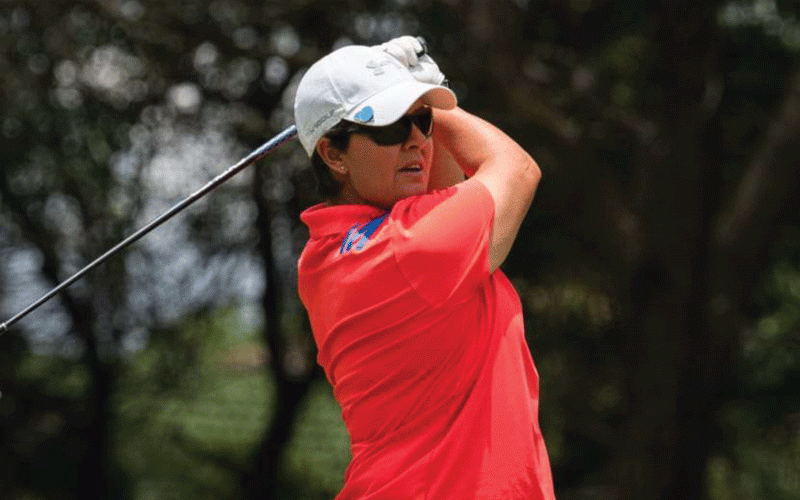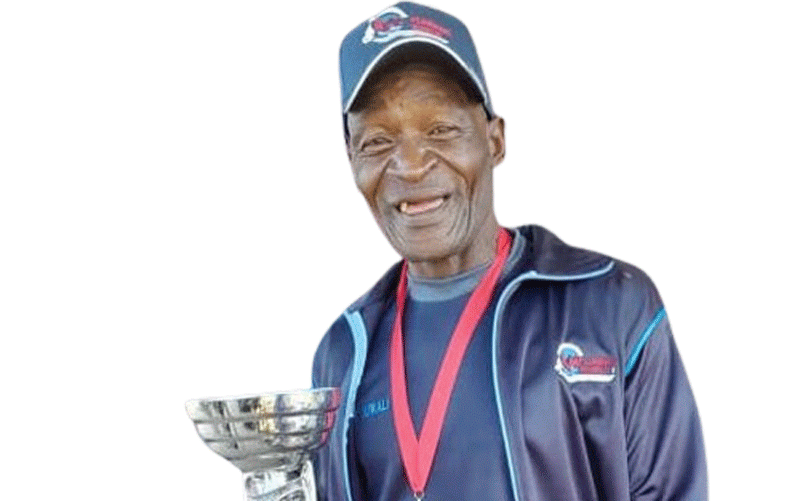
BY TIM MIDDLETON
THERE is something about wild animals that intrigues, excites, attracts us – except, that is, when we come face to face with them in cold blood! Generally, what is it that attracts us to wild animals, such as lions, elephants and giraffes, as well as kudus, elands and hyenas, which animals like dogs, cats and horses do not have? Is it their strength?
Their size? Their difference? Their potential danger? Is it simply their wildness, their untamed nature, that bemuses us? Is it their remoteness, their distance from our everyday life, their uniqueness, that captures our minds and imagination?
Fortunately, our innate interest and curiosity in game can be satisfied, in different ways. We may find them in cages, though such opportunities will only disappoint and depress us, not least as it is not where they are meant to be; man is simply abusing them by confining them. We may also find them in a zoo, where they may have a little more room but they have no resemblance to their normal life and habitat; again, such opportunities are purely for man’s benefit, not for the game. Alongside the zoo, we may find such game animals in a circus, where they have been trained to perform certain cute acts and clever tricks to delight a crowd; it is not for their well-being.
At other times, we may consider ourselves fortunate to be able to witness such animals in a game (or safari) park where the animals have more space, company and perhaps even more freedom though it is still limited and indeed unnatural, for food is provided for them and territory is allocated to them. Beyond that, we get greater delight in viewing such game in a national park, where the game live in their own environment, free to roam, to find food, to live in harmony with other animals, to declare their territory, to ward off intruding humans even. They are offered some protection here to enable them to be themselves but on the whole they are left to their own devices and wills. Ultimately, the greatest thrill no doubt is when we see them in the wild, beyond any boundaries, where they make their own decisions, where they learn to live on their own. It is not our role to tame them but to let them be fully themselves.
When it comes to the game of sport, our role as coaches and parents may reflect the approaches we have to wild animals. Too many coaches cage their young players, putting them into boxes, confining them to limited opportunities, where their development and growth is stunted and subdued. There is no joy in such game. Then too, coaches may simply have their players in an environment like a zoo, where the play is all monitored, controlled, and delineated by the coach. There is little freedom, the play is all ‘spoon-fed’, players become bored, lazy and disinterested. We also find some coaches who treat their players as if they are animals in a circus; they are heavily trained to perform certain tricks and skills to entertain outsiders without allowing them any freedom to express themselves in the way that they would wish naturally. It is not with the children’s best interests at heart.
Other coaches may give their players more freedom, more space to try things for themselves, more ways to stretch themselves, as animals may do in a game park. We may make the environment more natural, though still limited, as they will still not be making their own decision or interacting in the way they normally would. We would hope coaches may treat their players as game as found in a national park, where they are protected but at the same time develop through experience, through battles and scrapes, through losing and struggling, through finding their place in the whole set-up.
Our responsibility to children playing games is to create a safe environment where they can develop and delight in their ability and their habitat. They are not there for our pleasure or benefit. We are to help them to be game. Being game is a vital and valuable quality for children to have and being game ultimately means they are not simply wild but rather willing to learn, to try new things, to explore different avenues, to train, to practise, to risk losing and failing, to enjoy such experiences.
- Chamisa under fire over US$120K donation
- Mavhunga puts DeMbare into Chibuku quarterfinals
- Pension funds bet on Cabora Bassa oilfields
- Councils defy govt fire tender directive
Keep Reading
Coaching youngsters is intriguing, exciting and attractive, for sure. Seeing children in their sporting habitat can be exhilarating. The real question is this: Are we game, as coaches and parents, to do this? Are we willing to try, to face the danger of releasing them to develop their own talent in the right manner in the right environment? Go wild; be willing. Be game!
- Tim Middleton is a former international hockey player and headmaster, currently serving as the Executive Director of the Association of Trust Schools Email: [email protected]










